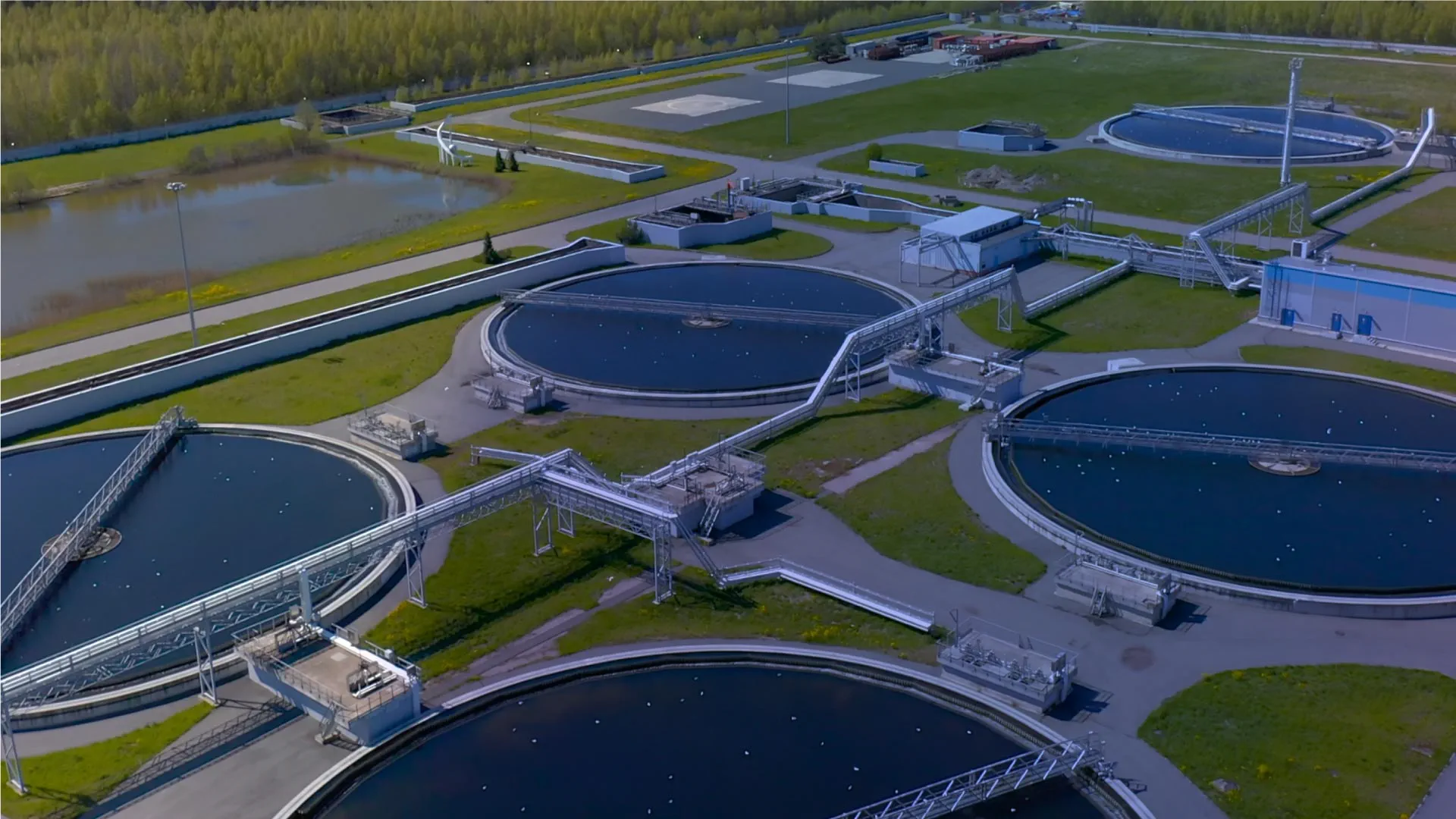"With nearly 60% of the entire world now online, speed is not only desired, but required," says chief of Strategy, Mike Rose
My fascination with speed began in childhood. As a kid, my dad took me to spectate as he raced cars round motor circuits, explaining that the most successful cars are always the fastest. I remember the late nights he’d spend working on engines, making modifications to remove weights, spending money on new parts, always with the goal of making it go faster. Speed, I learned quickly, required work. Hard, conscientious work.
Fast forward (no pun intended) to thirty years later, and I now observe this same phenomenon on a global, if slightly less tangible scale: the Internet.
With nearly 60% of the entire world now online, speed is not only desired, but required. And as digitization becomes the next hallmark of economic success, businesses now need to consider how they can go faster to go further—faster internet, faster connections, faster processes.
Speed bumps in the road
A core strategy in creating Arcadis Gen was enabling the accelerating digital transformation of our business and sector, finding innovative ways of producing results, and utilizing different structures, investment, and talent. Now, we do the same for our customers: capitalizing on speed to enable our customers to get ahead of the game. Among the most common barriers that can slow down any organization are the following:
Complexity
Much like my dad's old MG, organizations are extremely complex systems made up of discrete components (teams) connected through a series of physical touch points (communications) in order to work in harmony. But when even one of these components behave differently from what it's supposed to do, or if even a single touch point falls through, the organization won't be able to reach its optimum.
Over the last ten years, as digitization fully became the norm, organizations have increasingly invested in enterprise solutions and systems to strengthen said touch points: to share knowledge between discrete teams without the threat of disconnect and miscommunications, and with the promise of going faster—producing results quicker, accomplishing goals sooner, growing and improving quickly. The challenge lies in the complexity of implementing constantly changing systems, whilst integrating with all their other tooling, and in a manner that people can understand and engage with. More importantly, these need to be capable of consistently delivering repeatable, sustainable outcomes.
Ultimately, while there are plenty of benefits to having nuanced, highly-complex organizational systems and processes, this very complexity can end up working against you if you're not careful.
Data
With data often described as the "oil" that runs the 21st century, it seems fitting that I draw parallel to the fuel my dad used to put in his race car. Without fuel—and the right one at that—no car can go anywhere, just as without data, no organization can really take off, much less keep up with the rapidly changing world.
But time and time again, I hear customers tell me that they "don't trust the data", that it's of poor quality and essentially useless, or, worse, that they can't access it easily—if at all. And that's a much bigger problem than many people might think. Data can often exist in spreadsheets, buried in someone's personal folder, somewhere in an organization of thousands. As is, they're only numbers in a file— at times in such dizzyingly large quantities it hurts to even look at them, much less make sense of them unless you're a professional data scientist. But data is only valuable when they lead to insights—when they give you tangible, actionable ideas about what to do with an asset, a system, a company.
And often the root problem is simple: many organizations miss out on the richness of their data simply because they lack the means to make any use of them. A point which we will get to later in this piece.
Capability
Not everyone has the means to have their data audited by a team of experts. For all that data scientists and analytics experts are well worth their services and expertise, they're still costly. And even automated, data analytics still has a hefty price tag. Most data analytics tools are developed specifically for enterprises— companies that deal with millions of information at any given time and do require powerful workhorses to crunch their numbers for them.
In reality, only a handful of organizations have a need for a full blown enterprise solution to process their data for them. But every single business needs the capacity to accurately collect, process, and interpret their data. So where does this leave smaller players without the means to hire a team of PhD's or shell out thousands of dollars on a software with too many specs no one knows how to use?
Accelerators to go further, faster
As the world continues to reckon with the COVID pandemic and all that it entails, organizations now recognize that in order to deal with disruption and uncertainties, they need new ways to move faster, with more precision and better focus on their goals. To go further, faster, they need to improve their speed.
Develop better habits
Being unfamiliar with your tools and processes significantly slows you down. Ensure that the tools and techniques you use to communicate and engage with your team are clear, consistent, and, most importantly, familiar. Practice makes perfect and with that comes better understanding of your rationale, reinforces the narrative, and enriches two-way dialogue.
Rather than telling, it's also better to show stakeholders with easily understandable visuals to cover the risks, issues, actions and decisions that need to be taken. When people can easily picture what's at stake, they are much easier to convince. It's best practice make sure these visuals are intuitive and, as much as possible, familiar. Build a dialogue over time, and constantly make the effort to accelerate decision-making whenever possible. Get to know your tools, your people, your goals. The more you do, the less time you'll spend simply trying to figure out what to do, and actually do what needs to be done.
Decrease resistance
Familiar visualization based on data that people are comfortable is right enough, speeds up decision making in part by reducing resistance. This means getting trustworthy, effective tools whose results people can trust to be accurate.
Circling back to my earlier point on expensive, inaccessible traditional data analytics methods, we at Gen developed a work around to this problem with our Universal Visual Optimizer (UVO). Designed specifically to make data science accessible to everyone, it's a nifty software as a solution product that brings you all the advantages of conventional data analytics methods, but makes it easier and cheaper.
UVO is easy to use. It has an intuitive platform you can learn quickly and efficiently. More importantly, it deploys much faster than traditional enterprise-level solutions. Where before you need to allot days or even weeks to properly boot up and configure a data analytics program, UVO deploys in a matter of hours. It works just as fast as well; once you've input your data, it can rapidly optimize your projects against just about any set of constraints— budgetary, resource allocation, performance targets, whatever roadblocks you foresee, UVO can help process your data to give you workable, tailor-made solutions.
UVO is also extremely flexible. You can use the tool on any issue in the business, giving you cross-departmental, cross-functional capability. No need to buy separate software or systems for every aspect of your business; this one, bite-sized tool can do it for you. UVO is fully digital, removing traditional barriers like mobility, and ensuring you can access it remotely anytime, anywhere, especially critical given the current situation, and even beyond that when virtual working becomes a fully integrated part of a post-COVID world
Training
Finally, the last step to decreasing roadblocks is to keep people in the loop. Let people know of the changes being made so no one is caught unaware. Use stories and pictures to demonstrates the improvements that are being made. Much like our UVO tool, show the before and after to enable stakeholders to appreciate the impact and make decisions. Other measures you might wish to take include tracking improvements in data quality, conformance with governance; how many times are business cases presented that have used the tools provides, how many times have users logged on. Whatever you choose to measure, celebrate the results to build momentum.
Conclusion
Now more than ever it is critical to be agile. Times are changing— and they're changing fast. Organizations need to be faster; you need to learn how to realign investment priorities quickly, and provide adaptability and resilience against uncertainty, such as the ongoing COVID-19 pandemic. You also need to equip yourself with the right tools that will allow you to respond as quickly to the changing times, prepare proactively for uncertain scenarios, and stay ahead of the game at all times. With Arcadis Gen's powerful new tool, Universal Visual Optimizer, you'll be able to do just that.
Go further, faster with UVO.
Book a demo today to get started on this journey, or download fact sheet for more info.
Did you find this information useful?
Did you find this information useful?
Thank you for your feedback!

 Back
Back










